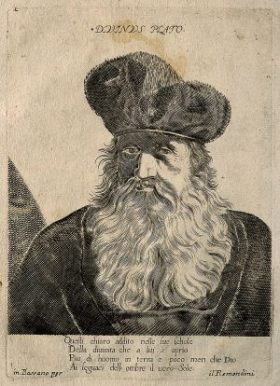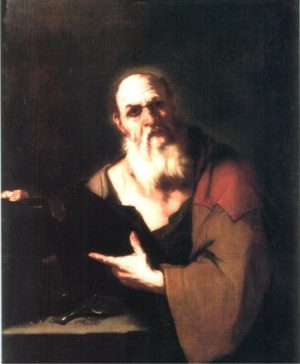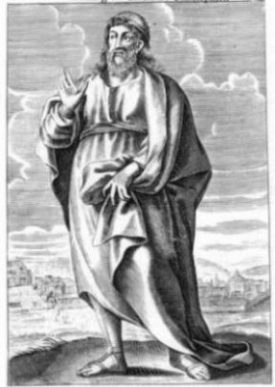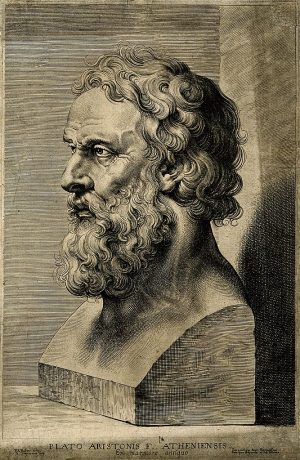Plato's Dialogues: Menexenus
If you’re wondering how I managed to write up another post on Plato’s dialogues so quickly after the last one, the answer is that this is Menexenus, which is both very short (twelve pages in the Bollingen Series edition), and because it’s not quite like Plato’s other work. It begins with Socrates meeting an acquaintance, Menexenus, who is on his way back from the Agora. There is to be a public funeral soon, so a speaker must be chosen for the occasion. Menexenus mentions the short amount of time speakers have to prepare for these things, but Socrates points out that such speeches are often ready-made and easy for a decent orator to compose quickly. It’s also not difficult to win the audience’s approval, since this genre of speech typically involves praising the deceased and the city he came from. As Socrates puts it:




